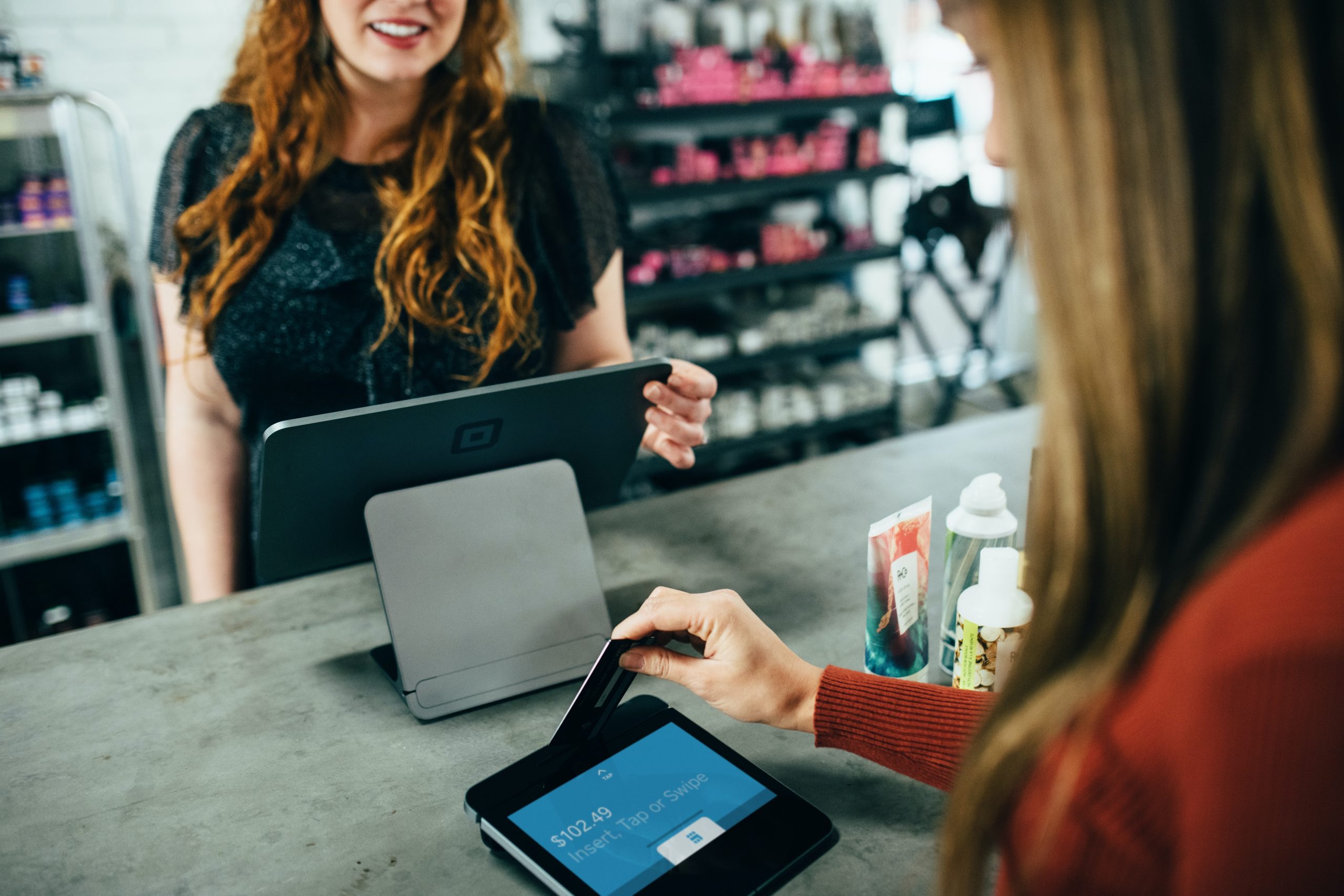
How to Use a Point-of-Sale or POS System for Small Businesses
How to Use a Point-of-Sale or POS System for Small Businesses
Do you know how to use a point-of-sale or POS system for small business payment processing and more? POS systems can be used for a variety of purposes, including tracking inventory, sales, and customers. They can also be used to accept credit and debit cards, as well as gift cards. If you do not have one already after setting up a high-risk merchant account, it is a great time to upgrade.
What Is a POS System?
A POS, or point-of-sale, system is a crucial part of any retail business. It is the software and hardware that allows customers to make purchases and payments. A POS system can be as simple as a cash register or as complex as a multi-terminal setup. No matter the size or complexity of the system, it performs three essential functions: product lookup, customer checkout, and transaction recording.
The hardware involved with a POS system varies depending on the type of business and the expected transactions. You may think that a cash register with a locked cash drawer is the foundation of any retail or restaurant setup. These days, you also need barcode scanners, credit card readers, customer-facing screens so they can check their bill before paying, and printers for both barcode labels and receipts. It is becoming increasingly popular to also have handheld POS tablets, especially in restaurants.
How to Use a POS System for Small Business
The specifics of using POS systems depend largely on the hardware and software itself. There are many recommended solutions to consider when upgrading your current checkout or sales management system. First, you must identify what features you need to operate your small business smoothly. For example, you may have to manage employees and timesheets, track wholesale invoices and update inventory, and handle online sales too.
Best POS System for Small Business
Two different main types of point-of-sale systems exist. One variety works specifically with restaurants. The other is for any type of retail establishment or shop. The gadgets and devices are very similar, but the software that operates the systems differ considerably; the best POS system for CBD stores may not be suitable in a restaurant, for instance. Of course, any diner or café needs extra information about the tables, differentiating between eat-in and take-out orders, tips, online ordering, and more. Shops need more data about customer relationship management over time, inventory, and weekly and monthly sales reports.
Some of the most popular options on the market today include Block–formally known as Square–Toast, Vend, and First Card Payments. Many small businesses also choose things like Google Pay or Apple Pay for direct credit and debit card processing with trusted security. If you are in doubt about the best POS system to choose for your needs, it helps to ask questions from professionals in the industry. They can recommend startup hardware, upgraded software, or additional features suitable for your specific restaurant or retail model.
In the end, the best POS system for small business depends on the company’s specific needs and your ability to make the most from the platform. Many affordable options exist that combine digital cash registers with credit card payment terminals and also provide all the background management methods that can help your business run smoothly.
I am passionate about delivering results and helping my clients succeed. With my expertise in SEO, branding, and marketing, I lead the agency’s efforts to create and implement effective strategies that drive business growth. Our all-inclusive approach sets us apart from other digital media companies and ensures that our clients receive the full range of services they need for online success. If you can think of it, we can build it!
Zulu Shack Creative team members thrive on momentum. Like Zulu warriors, we strive to spearhead your idea with speed and quality.
When I’m not helping my team implement new digital marketing strategies, I enjoy playing music, hosting poker nights, reading Stephen King novels, and spending time with my wife and baby daughter.
No Comments
Sorry, the comment form is closed at this time.



